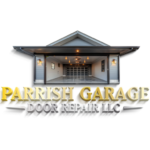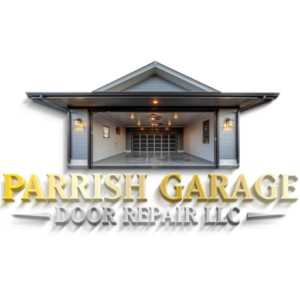- Commercial Garage Door
- Garage Door Opener Installation
- Garage Door Spring Repair
- Same Day Garage Door Repair
- Custom Garage Doors
- Garage Door Opener Repair
- Garage Door Track Repair
- Gate Repair
- Garage Door Cable Repair
- Garage Door Panel Repair
- Local Garage Door Repair
- Garage Door Dents Repair
- Garage Door Replacement
- Noisy Garage Door Fix
- Garage Door Installation
- Garage Door Section Replacement
- Overhead Garage Door Repair
The Ultimate Guide to Overhead Garage Door Repair
Do you often hear strange noises coming from your garage or notice it’s becoming harder to open and close your overhead garage door? If so, you’re not alone. Over time, wear and tear can affect the functionality of garage doors, and understanding how to tackle these issues can save you time and money.
Whether you’re a homeowner, property manager, DIY enthusiast, or professional installer, this comprehensive guide provides essential tips to help you troubleshoot and repair common overhead garage door issues.
Understanding the Basics
Before jumping into repairs, it’s important to understand the basics of how your overhead garage door operates. Most systems consist of several key components, including the panels, springs, tracks, rollers, and opener mechanism. Any malfunction in these parts can lead to issues.
Common Issues and How to Fix Them
1. Stuck Door
If your garage door keeps getting stuck or isn’t opening smoothly, check for obstructions in the tracks. Debris can easily get lodged, causing problems. A simple cleaning might do the trick. However, if the problem persists, examine the rollers and hinges for signs of wear.
2. Noisy Operation
Overhead garage doors are notorious for squeaks and rattles. Applying a high-quality lubricant to metal components like the hinges, rollers, and tracks can usually eliminate these sounds. Regular lubrication is key to maintaining smooth operation and preventing future noise issues.
3. Door Won’t Open or Close
This could be due to a misaligned photo-eye sensor, a common safety feature of modern garage doors. Ensure that both sensors on either side of the door are aligned and free from dirt or objects that might obstruct the signal.
4. Broken Springs
One of the more serious issues you might encounter is a broken spring. Springs are crucial for counterbalancing the door’s weight, and a broken spring can be dangerous to handle. It’s best to call a professional for this type of overhead garage door repair because it requires specialized tools and expertise.
DIY Tips for Routine Maintenance
Routine maintenance can prevent many common problems. Here are a few tips to keep your overhead garage door in peak condition:
- Regular Inspections: Check the components for any visible signs of wear or damage.
- Lubrication: Apply lubricant every six months to moving parts to ensure they function smoothly.
- Tighten Hardware: Over time, hardware can loosen. Use a wrench to tighten bolts and screws as needed.
When to Call a Professional
While DIY repairs are rewarding and often efficient for minor issues, some repairs require professional intervention. If you’re dealing with complex electrical issues or heavy component replacements, calling a professional is the safest choice.
Overhead garage door repair doesn’t have to be daunting. With the right knowledge and tools, you can tackle many issues on your own. However, knowing when to call in the experts can save you from costly mistakes and ensure the longevity of your garage door system.
For more tips on garage door maintenance or to schedule a professional inspection, feel free to reach out to Parrish Garage Door Repair. We’re here to help ensure your garage door remains in top working condition!

